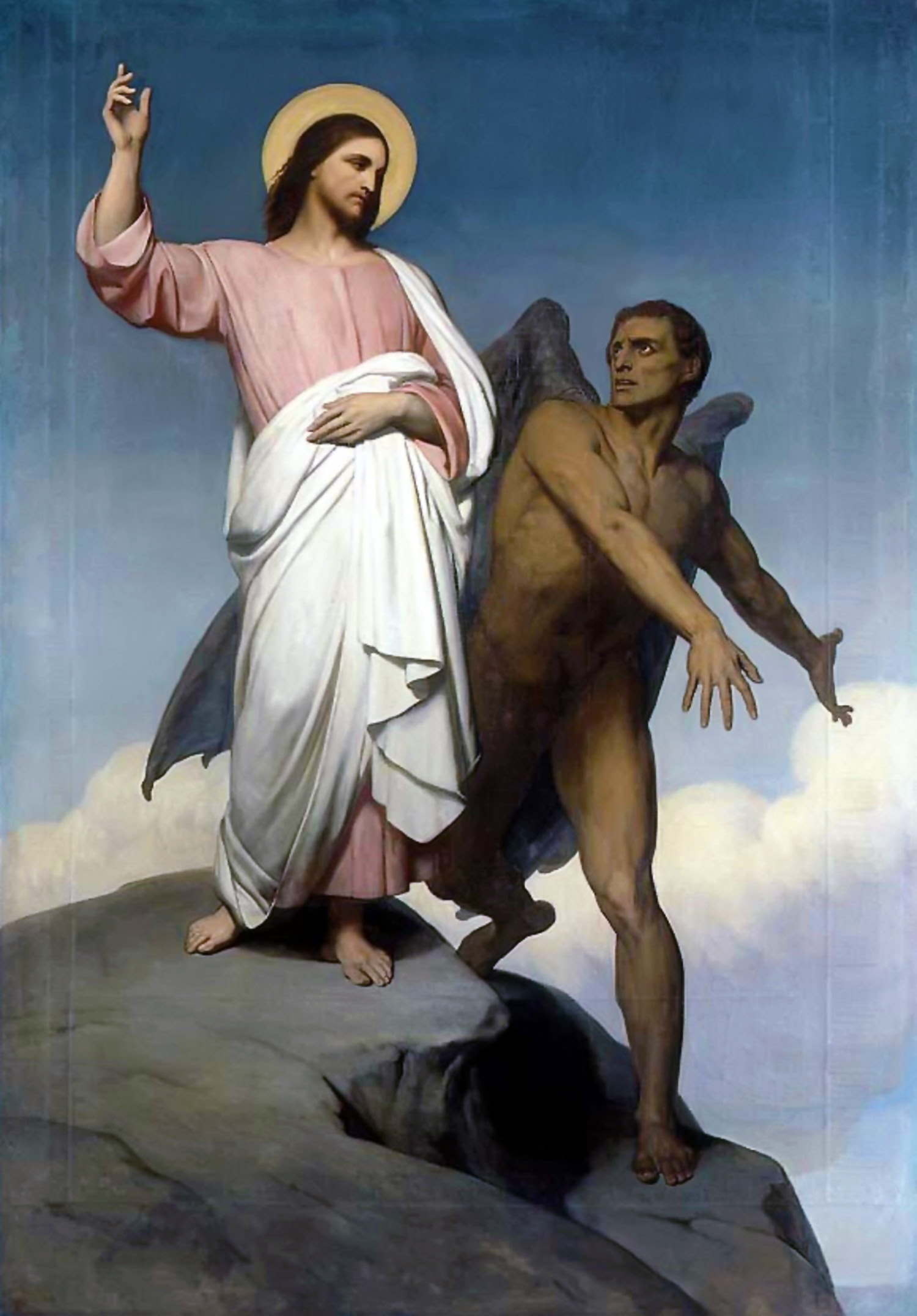 Image via Wikipedia
Image via Wikipedia
Harmon in his book Ecumenism Means You, Too refers to Jesus' prayer for his followers in John 17. Here Jesus prays they will be protected from 'the evil one'. Harmon writes on page 7:
The "evil one" is the one elsewhere in the New Testament called the "devil", diabolos in Greek, which literally means "one who divides". The work of the diabolical one is to bring division, to divide people from God, and to divide people from one another The evil one seeks especially to bring division to those who ought to have the unity shared by God the Father and God the Son.
I am planning a series about the devil in my other blog, So What?. So, I won't say too much here but there are a few observations I must make.
- There is a real need for Christians to get a grip. The mythology around the devil seems largely Medieval rather than from the time of Jesus. Walter Wink's work on the powers for example, clearly explains the subtext of writings about the devil or evil one.
- The term "evil one" is an interesting circumlocution. It is too easy to equate it with Satan, who appears for instance in Matthew's account of the temptations. But surely 'evil one' could as easily refer to anyone who causes division?
- Harmon's equation of 'evil one' with the devil, leaving aside the subtleties of what Jesus might have intended, is a point well made.
I have made the point many times that the idea of conversation is core to ecumenical theology. Genuine conversation, free to generate new ideas is fundamental not only to ecumenism but also to oikoumene, the reconciliation of all things.
Conversation, or relationship, is core to life, to all that flourishes throughout the universe. Wink shows power usurps life by restricting free conversation. When people stop listening, relationships fail. When people are no longer aware they are not listening, divisions become entrenched. Power generates its own immortals who are omniscient, always knowing what is right and true.
The nature of a God who is forever new is alien to this worldview based upon certainty. The Spirit of God is found upon the knife-edge between order and chaos. To move off this knife edge in either direction is to move into isolation.
Hell (closed down by Jesus, by the way) is where no communication, no conversation, no relationship is possible. It is being totally alone. The churches show they are alive through their conversations and this can be seen however formal they are. Even the most dull ecumenical document is a sign that the churches are alive and able to engage with God's world



 This paper by Monsignor Mark Langham,
This paper by Monsignor Mark Langham, 






Recent Comments